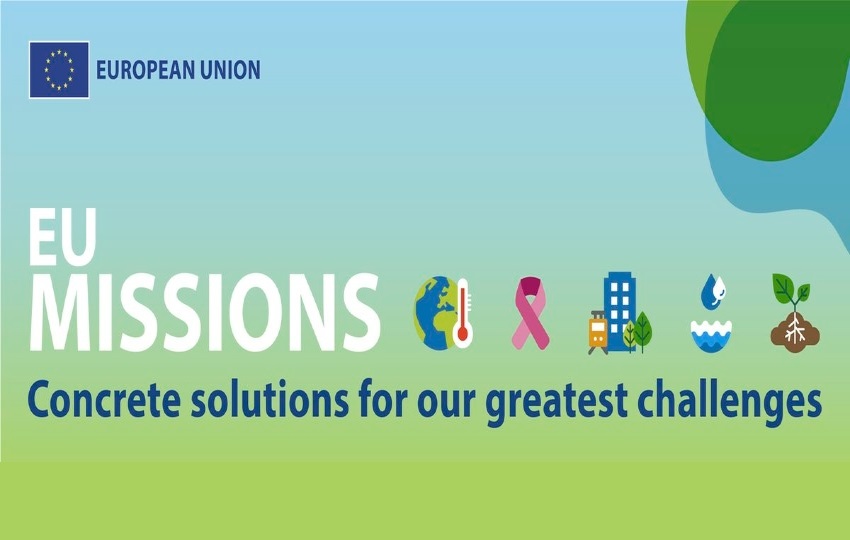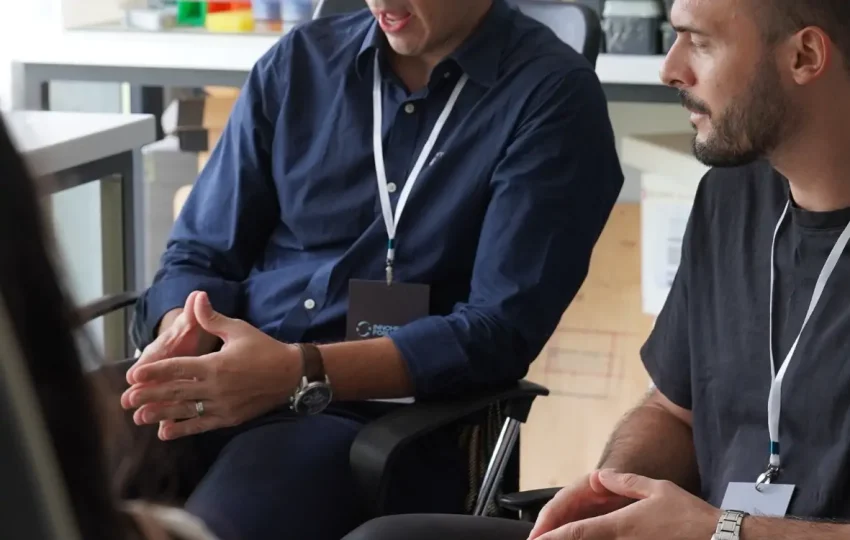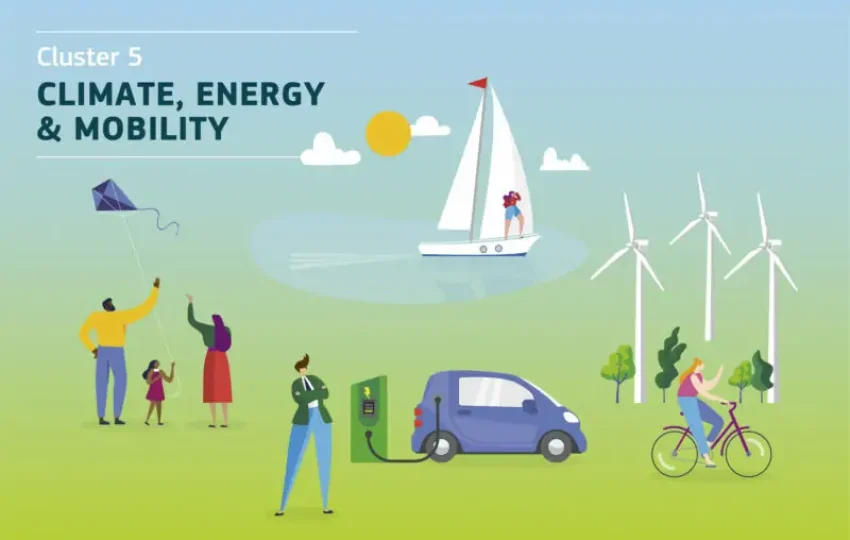The European Commission recently launched five new EU missions to enhance collaboration between member states and improve the lives of Europeans and beyond.
All times have their own special challenges needing to be resolved. Still, for some yearlong issues, there is no time for a further postponement to their resolution. The Commission has launched five EU missions for the Horizon programme to provide innovative solutions to the most urgent challenges up to 2030.
For the launch of the EU missions, the Commissioner for Innovation, Research, Culture, Education and Youth, Mariya Gabriel, said: “The response to the coronavirus pandemic has shown that we can only tackle our biggest problems with a collective effort rooted in research and innovation. This is also the starting point of the bold and ambitious EU missions. They will mobilize the enormous potential of the EU and rally instruments and policies to achieve important goals. And all this together with the citizens, who are involved from start to finish.”
With these words, let us find out what those EU missions are and what are their objectives.
What are the EU Missions?
The EU Missions pretty much identify and solidify the pan-European efforts towards finding concrete solutions to the greatest European challenges. Furthermore, the plan is for those Horizon Europe missions to provide meaningful results by 2030.
The EU Missions will be part of the Horizon Europe research and innovation programme for 2021-2027. The expected impact will come as research and innovation will be combined with new forms of governance and collaboration with the European citizens’ engagement.
They will support the Commission’s priorities like the European Green Deal, Europe fit for the Digital Age, Beating Cancer and the New European Bauhaus
EU Mission: Adaptation to Climate Change
The Adaptation to Climate Change Mission will support more than 150 European regions to increase their resiliency to climate change by 2030.
This EU mission will enhance research and innovation, focusing on producing solutions for the actual or expected climate conditions and its subsequent challenges. That way, the impact of climate change on lives and assets will be significantly reduced. At the same time, it will trigger societal transformation by encouraging behavioral changes by addressing new communities beyond the usual stakeholders.
EU Mission: Cancer
The mission of cancer wants to improve the lives of more than 3 million people by 2030 through prevention and cure. Additionally, it seeks to make cancer patients live longer and better and make their families suffer less.
Cancer constitutes one of the worst health challenges with many being vulnerable to it regardless of age, gender or social status. With a renewed focus on cancer, Europe seeks to increase the number of newly diagnosed people from 3.5 million to more than 4.3 million by 2035.
Through a European collaboration effort, the cancer Mission will prevent new cancer cases, allow for earlier diagnosis, reduce suffering and improve the patients’ quality of life.
EU Mission: Restore our Ocean and Waters
The man-made climate changes put the oceans and water at danger with severe risks for the future of our society. The Mission to Restore our Ocean and Waters by 2030 will establish a new systemic approach to address ocean and waters as one and achieve climate neutrality and nature restoration.
This European Mission will contribute to the protection of the 30% of the EU’s seas and help restore marine eco-systems and 25.000km of free-flowing rivers. Moreover, it will prevent and eliminate water pollution by reducing plastic litter in marine ecosystems, nutrient losses, chemical pesticides by 50%, and make the European blue economy climate-neutral and circular with net-zero maritime emissions.
EU Mission: Climate-Neutral and Smart Cities
Making Climate-Neutral and Smart Cities is imperative to achieve climate neutrality by 2050, as described by the European Green Deal. European cities may occupy only 4% of the EU land, but they are home to 75% of EU citizens. They are responsible for the consumption of most energy and for the largest part of CO2 emissions.
Therefore, the first step of climate action has to begin with the cities by accelerating their green and digital transformation. Decarbonization of cities will be made a priority to reach a 55% reduction of emissions by 2030. At the same time, it will contribute to the environment. It will offer clean air, safe and faster transportation, and less noise to urban citizens.
The ultimate goal of this EU Mission is to make 100 climate-neutral and smart cities by the end of 2030 and make them act as innovation hubs to enable the rest of European cities to follow suit by 2050.
EU Mission: A Soil Deal for Europe
Our health and life depend on healthy soils, but they are in danger all over the world. The soil is a major source of our food. It is responsible for other ecosystem services like clean water, climate regulation and biodiversity.
Specifically, 60-70% of EU soil is considered unhealthy, which makes Europe prone to food insecurity and extreme weather conditions. Furthermore, 70% of agricultural land have excess nutrients, 25% of the land mainly in Southern, Central and Eastern Europe is at risk of desertification, and the cost of soil degradation exceeds €50 billion per year.
A Soil Deal for Europe is vital as partnerships can protect and restore the soil, contribute to sustainable farming and forestry, create safe and healthy food systems, increase climate resilience, help biodiversity thrive, reduce pollution, and support EU’s ambition to become a leader in global commitments for the Sustainable Development Goals (SDGs).
This Horizon Europe EU mission wants to put a network of 100 living laboratories and lighthouses for knowledge co-creation and solutions testing, develop a harmonized framework for European soil monitoring, and raise awareness on the importance of soils.
Contribute to the European Missions through EUcalls
The announcement of these EU Missions has a special meaning for European projects and access to EU funding. As these Missions of Horizon Europe will dominate research and innovation funding calls for proposals in the next years, interested organizations and partners will find a variety of calls to make an impact.
EUcalls can greatly help you search for calls or partners to contribute to achieving those EU Missions and set European priorities. You can search for all the available calls for funding that match your criteria and find your reliable EU project partners in EUcalls community that amount thousands of experienced project partners from around Europe.
Become an EUcalls member today and start planning your next consortium to provide solutions to the world’s biggest challenges.


